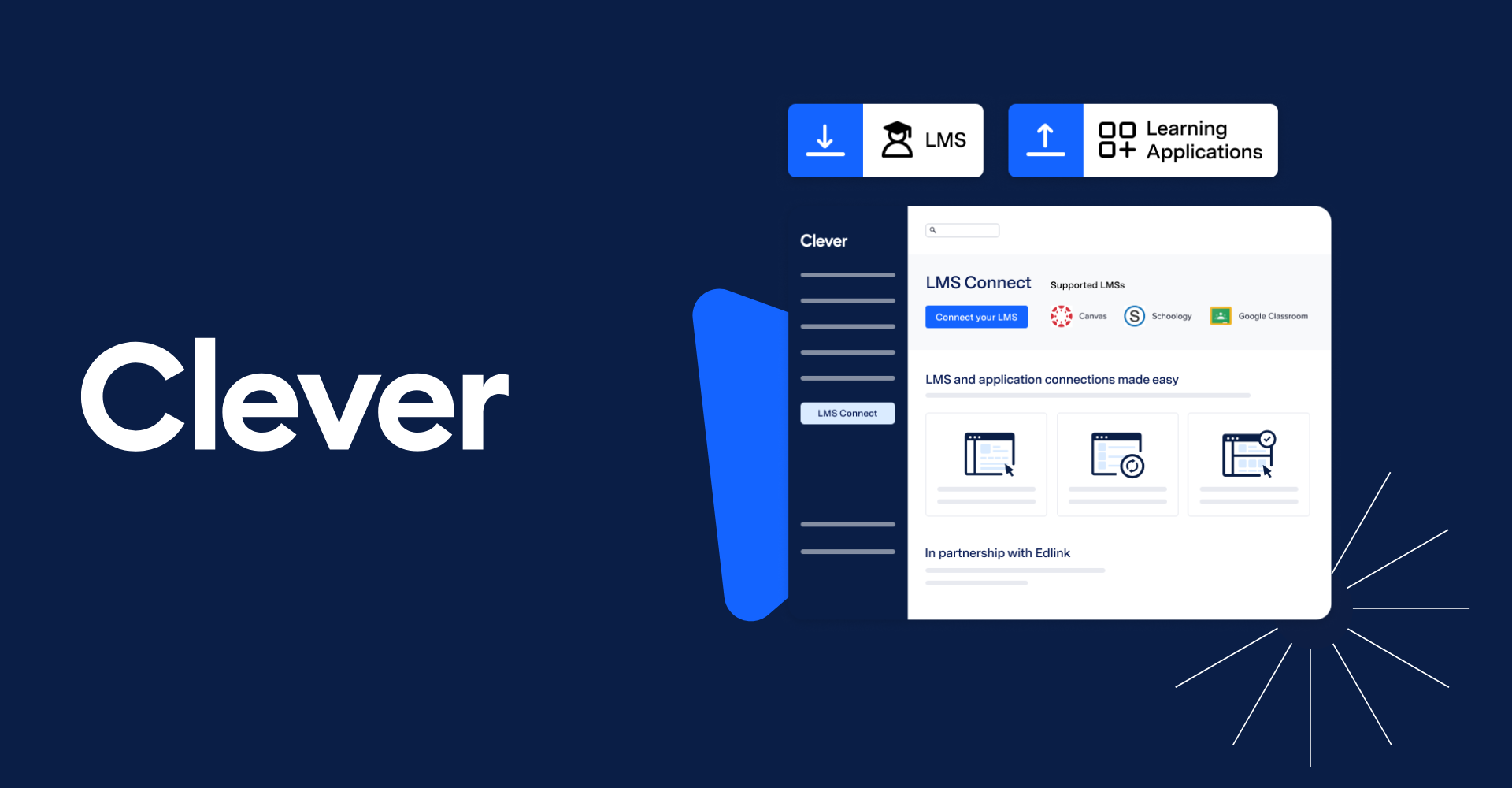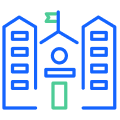Need to change the culture? Then change the language.
Ardee Chua started his day yesterday by visiting one of the 140 schools in the Metro Nashville Public Schools district. There, he found a quiet room, booted up his computer and spent the next hour as a guest speaker on a Clever webinar.
“But the reason I’m at this school today is to ‘Cleverize’ as many of their apps as possible,” he explained.
Ardee serves as Metro Nashville’s senior technical advisor. He’s the bridge between the district’s traditional IT team (think hardware and infrastructure) and the Learning Technology department that focuses on the design of personalized learning through online and blended platforms.
Part of his mission, he says, is “creating a general awareness of what it takes to get software implemented in the schools.”
Cleverizing, he says, is the act of moving one of the district’s 200 apps onto the Clever platform, where he can automate the data syncing required to make sure his students are using the right applications when they show up to class. In other words, Cleverizing an app means one less thing to worry about.
As he speaks, the terms begin to pile up.
“Cleverized.”
“Clever-ready.”
“Clevered.”
Why is Ardee spending his time speaking and teaching the ‘Cleverish’ language?
According to him, Clever has given him an ‘in’ to open discussions with district administrators, about which apps are available to use, what resources are needed and what it takes to get them up and running.
Cleverizing is the act of moving one of the district’s 200 apps onto the Clever platform, where [Ardee] can automate the data syncing required to make sure his students are using the right applications when they show up to class. In other words, Cleverizing an app means one less thing to worry about.
“Clever helps us finally be able to know that data is important – from administrators to teachers. Now they all know what ‘Clever-ready’ means. That becomes a catalyst for other discussions about software. Does it work, how’s it tested and so on.”
“We’ve used Clever to change the language. And if you can change the language, you can change the culture,” he said. “We’ve turned Clever into a verb.”
“It’s bigger than automating our data processes. Now, since it’s all going through a single portal, I can see the data. I can show a given school that 85 percent of its kids have accessed a given app. So they renew it. And if it’s being used less than they’d like, they can move that license to another school who needs it.”
To Ardee, helping administrators and teachers understand their use of applications is the key to Cleverizing even more of them – and he won’t rest until he’s captured them all.
“I’m not an educator. I leave those decisions to educators. Don’t pick a software title because it’s Clever-ready. Pick it because it’ll help the students,” he said. “But if it can do both, I hope you’ll pick the Clever one because it can scale easily and be more successful.”
“This is the 21st century. There are smarter ways that we can do this.”
Hear the rest of Ardee’s story, along with those from other innovative district technology and curriculum leaders that joined us on the “Shift-Control: Two Districts Share Their Insights” webinar. Download a recording here.

More to read

November 11, 2024
Big Ideas Learning launches new LMS integration 4x faster with Clever LMS ConnectLearn how Big Ideas Learning launched their new LMS integration 4x faster and with improved support outcomes using Clever LMS Connect.

November 1, 2024
Kanawha pioneers MyAda Math learning integration with Clever LMS ConnectLearn how Kanawha County Schools rolled out new math curriculum 6x faster and with 0 support tickets from teachers using Clever LMS Connect.

October 11, 2024
Our product vision and 2025 roadmap for protecting K-12 identitiesExplore how Clever's product roadmap and vision are shaping the future of education. Discover how our innovative approach addresses current challenges, enhances security, and ensures seamless integration to accelerate learning outcomes for students, educators, and schools.

















